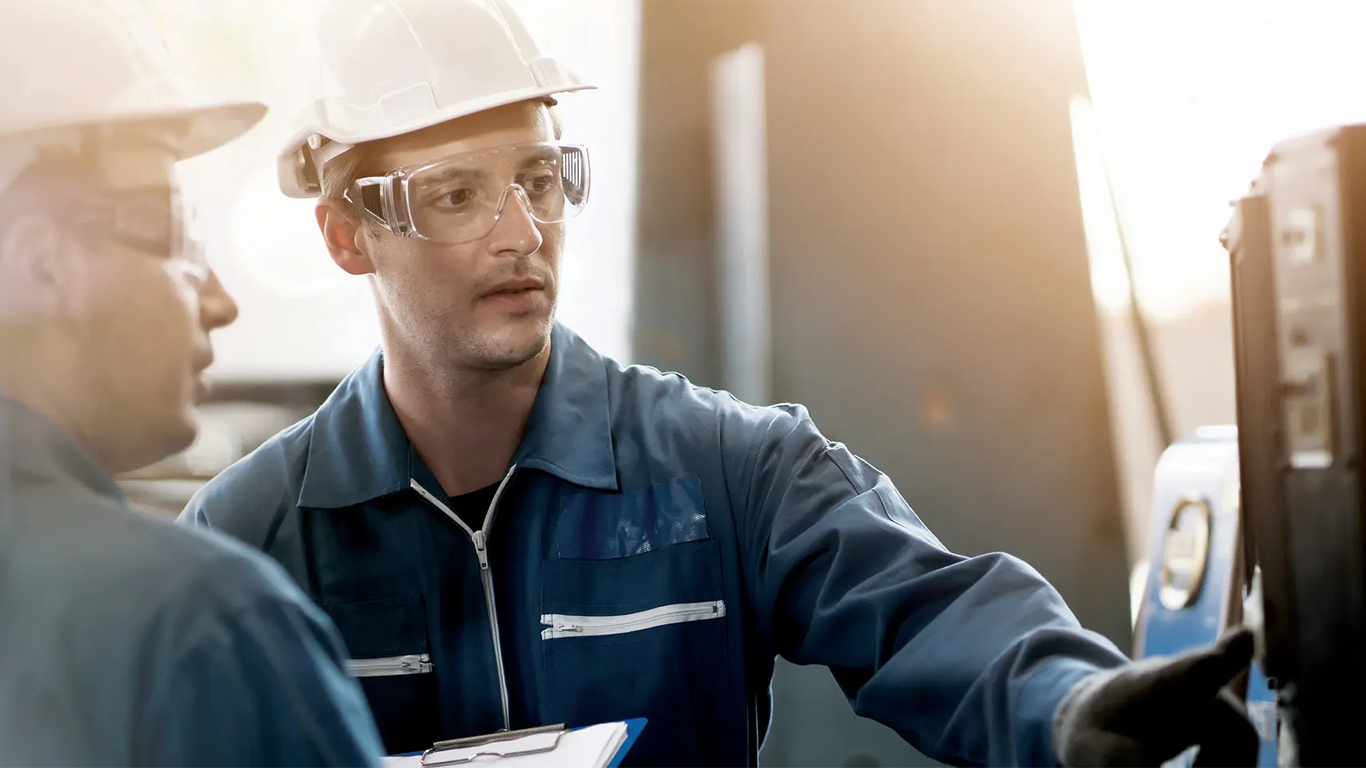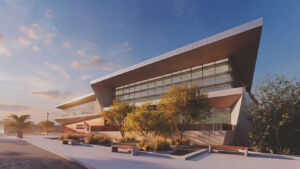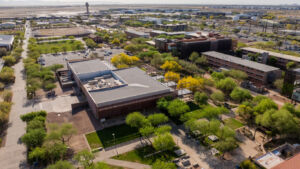In the intricate ecosystem of commercial real estate, building engineers play a pivotal role in ensuring the functionality, safety, and efficiency of commercial properties. They are the unsung heroes behind the scenes, often working tirelessly to maintain and enhance the physical environment where businesses operate.
Their contributions are critical to both the immediate operation of buildings and the long-term sustainability of commercial facilities.
MORE NEWS: Experience AZ: 10 Arizona restaurants with an amazing view
GET THE LATEST NEWS: Subscribe for free to get AZ Big Media’s newsletter
1. Maintenance and operations
One of the primary responsibilities of commercial building engineers is the maintenance and operation of building systems. This includes HVAC (heating, ventilation, and air conditioning), plumbing, electrical systems, and fire safety systems. Engineers are tasked with not only monitoring these systems but also performing regular inspections and preventative maintenance to identify and resolve issues before they escalate into costly repairs or safety hazards.
With their technical expertise, building engineers can diagnose problems swiftly, ensuring minimal disruption to tenants and operations. For instance, an engineer might identify a failing air conditioning unit during routine checks, allowing for timely repairs that prevent discomfort for employees and clients. Such proactive measures enhance tenant satisfaction and ultimately support business continuity.

2. Safety and compliance
Building engineers play a crucial role in ensuring that commercial properties adhere to safety regulations and building codes. They are well-versed in local, state, and federal regulations, often conducting regular audits to ensure compliance. This includes verifying that safety systems, like fire alarms and emergency lighting, are fully operational and that properties meet accessibility standards.
By maintaining compliance, building engineers protect property owners from legal liabilities while also safeguarding the health and safety of tenants and visitors. They are instrumental in developing and implementing emergency action plans, conducting safety drills, and training staff on safety protocols. This not only fosters a culture of safety but also contributes to the overall well-being of everyone who occupies the building.
3. Energy efficiency and sustainability
With growing concerns about environmental impact and operational costs, commercial building engineers are increasingly tasked with enhancing energy efficiency and sustainability within facilities. They assess building operations, identifying opportunities to reduce energy consumption and enhance resource management. This could involve upgrading lighting systems to energy-efficient LED, optimizing HVAC operations for energy efficiency, or implementing building automation systems to monitor and control energy use.
These efforts not only contribute to lowering operational costs but also position commercial properties as environmentally responsible, attracting tenants who prioritize sustainability. Engineers can also guide property owners in obtaining green certifications, such as LEED (Leadership in Energy and Environmental Design), further enhancing the property’s marketability.
4. Tenant relations and communication
Building engineers often serve as a critical link between property management and tenants. They address maintenance requests, provide solutions to tenant concerns, and help foster positive relationships between stakeholders. Effective communication and responsiveness to tenant needs can significantly enhance satisfaction and retention, which is paramount in a competitive commercial real estate market.
When tenants know they have a reliable and skilled building engineer onsite, they feel more secure in their decision to occupy the space. This rapport is crucial not only for tenant retention but also for the property’s overall reputation in the market.
5. Emergency management and response
In emergency situations, commercial building engineers are vital players. From coordinating evacuations to troubleshooting critical systems during crises, their expertise is essential in ensuring that buildings remain safe and functional during unforeseen events such as natural disasters or power outages.
Commercial building engineers are integral to the successful operation of commercial properties. Their multifaceted roles encompassing maintenance, safety compliance, energy efficiency, tenant relations, and emergency management make them indispensable assets.
As the commercial real estate landscape evolves, the demand for skilled engineers who can navigate these complexities will only grow, underscoring their relevance in creating sustainable, efficient, and safe environments for businesses to thrive.
Author: Keith Pomonis is the President of Mesa-based EHS Restoration. For more information call (480) 306-5777 or visit ehsrestoration.com.




